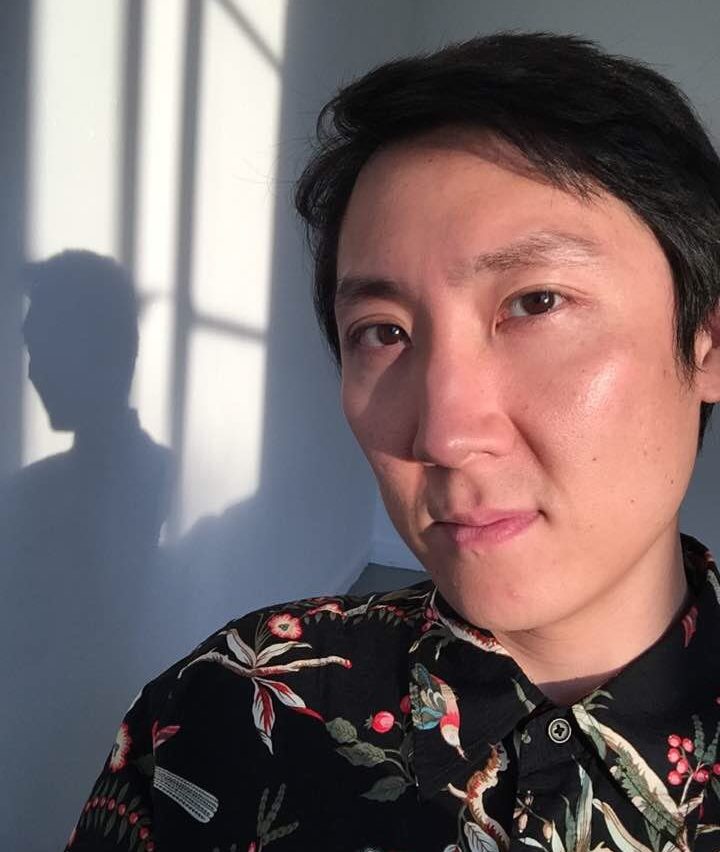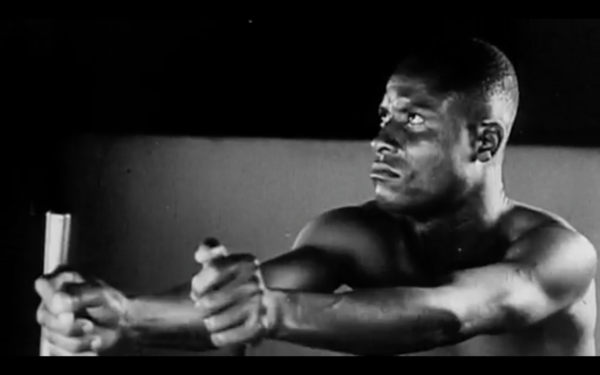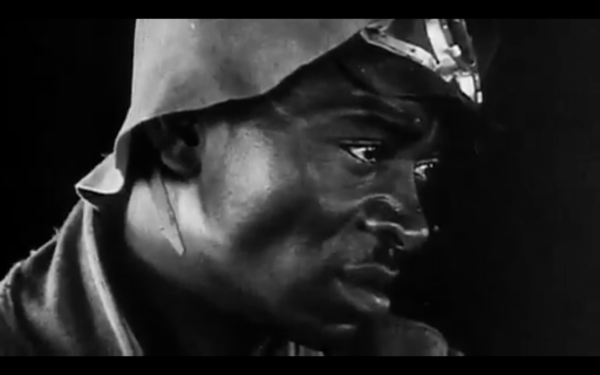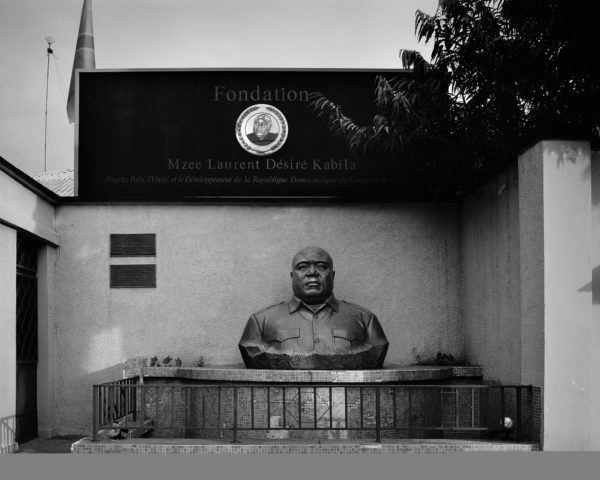Ruashi’s Boys
Che Onejoon (South Korea)
2019
Ruashi’s Boys tells the story of a Lubumbashi family in the neighborhood of the same name through its work, moments of relaxation, oncerns and aspirations. We are following Treasure and his brother Jipe who live with their mother in front of the Ruashi Mining Company, a mining site belonging to the Chinese group Jinchuan. The two brothers and their cousins used to go to the mine daily, but only Trésor now works there. His low salary is an important source of income for his family. Meanwhile, Catherine, her father’s girlfriend, prepares meals for Luwa Mine Guards in her living room where mine guards come to eat.
In the evening, Trésor spends most of his time with his family drinking beer and discussing their concerns, such as the fact that the Chinese mining company Qin Chuen makes huge profits from the Luawa City mine without helping the local community and hires temporary workers through a subcontractor to reduce the cost of labor. The day ends happily however and the neighborhood devoid of electricity immediately plunges into darkness. Only the lights of the streetlights and cell phones are shining from the inside of the Luwa mine, which in the dark, materialize their hopes and aspirations for a bright future.
Onejoon Che, a visual artist and filmmaker, started his career as an evidence photographer. For the Texas Project, Che photographed the declining red-light district in Miari in Seoul after the government initiated the anti-prostitution law in 2004. He also made short films and archives that capture the trauma of the modern Korean history by documenting the bunkers during the post-Korean War period and the abandoned U.S. Army camps in South Korea after the Iraq War. In recent years, Che produced a documentary project Mansudai Master Class which is about the monuments and statues made by North Korea in Africa. Starting with this project, he is currently creating a documentary theater, a film, an installation about the afro-asian culture and identity.
Che has exhibited internationally at the Taipei Biennale (2008), Palais de Tokyo (2012), Musée du Quai Branly (2013), SeMA Biennale Mediacity Seoul (2014), Venice Architecture Biennale (2014), New Museum Triennial (2015), Louisiana Museum of Modern Art (2015), Busan Biennale ( 2018) and many others.
Onejoon Che’s participation in the biennale is funded by Arts Council Korea.



